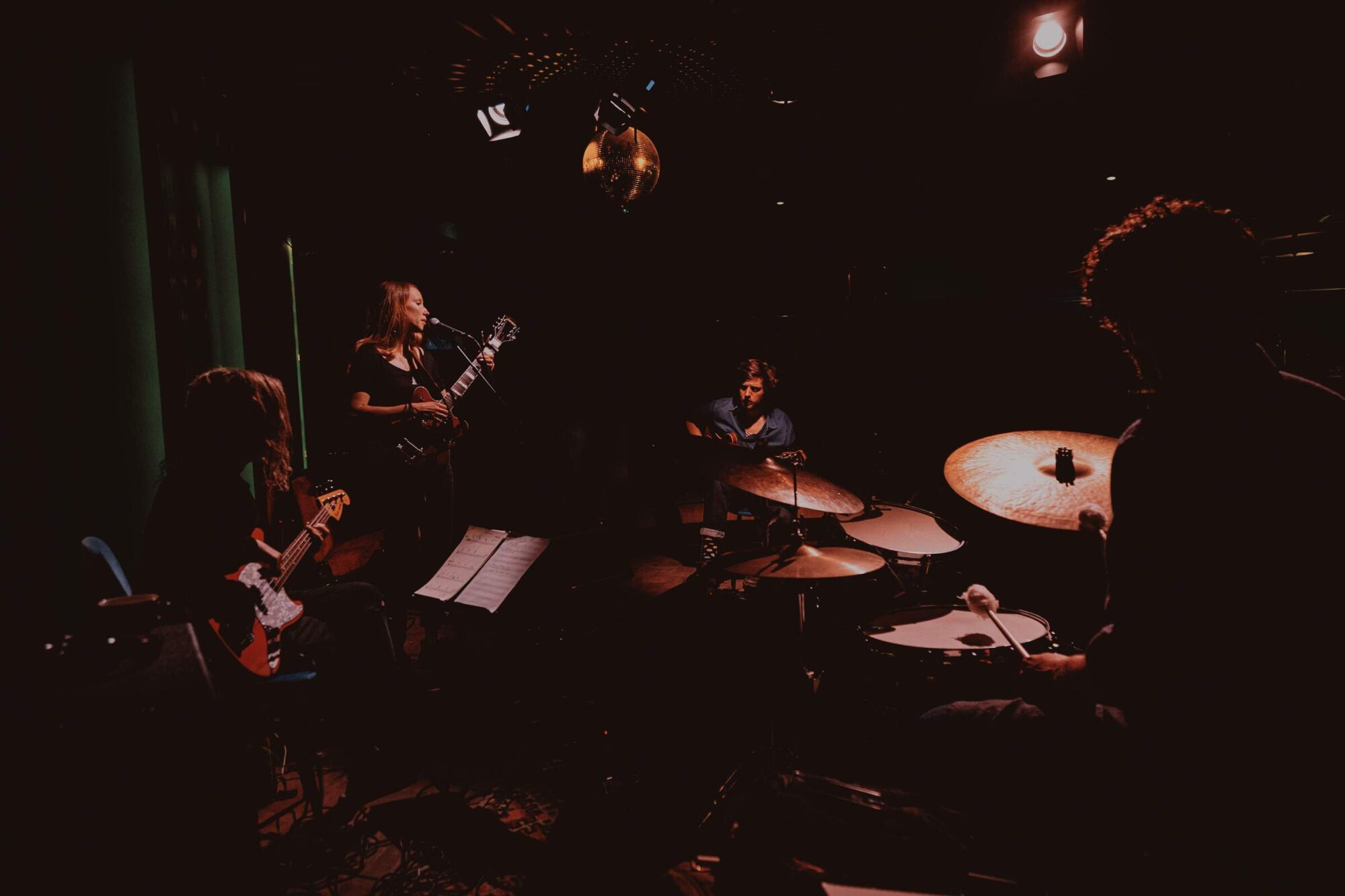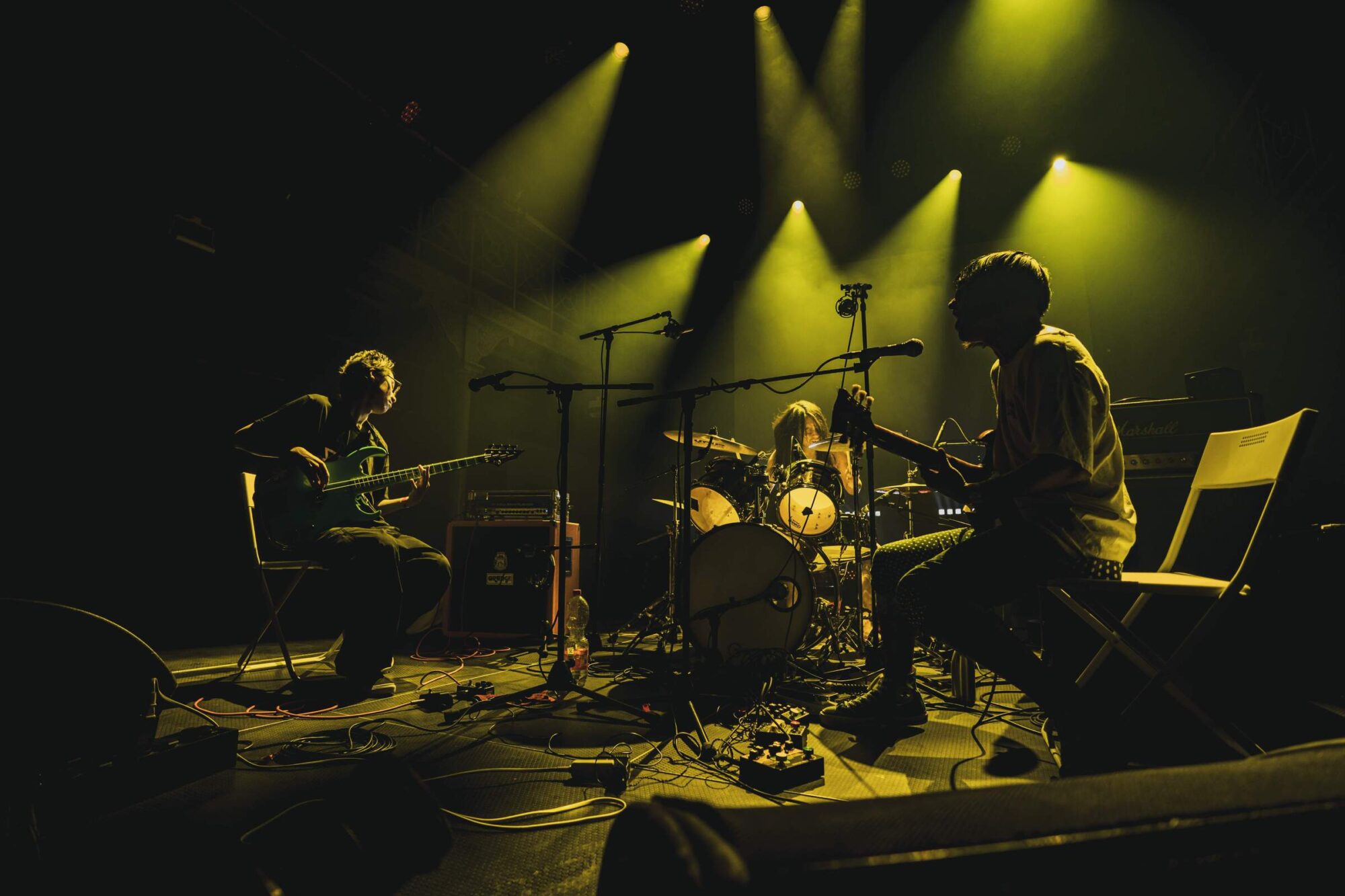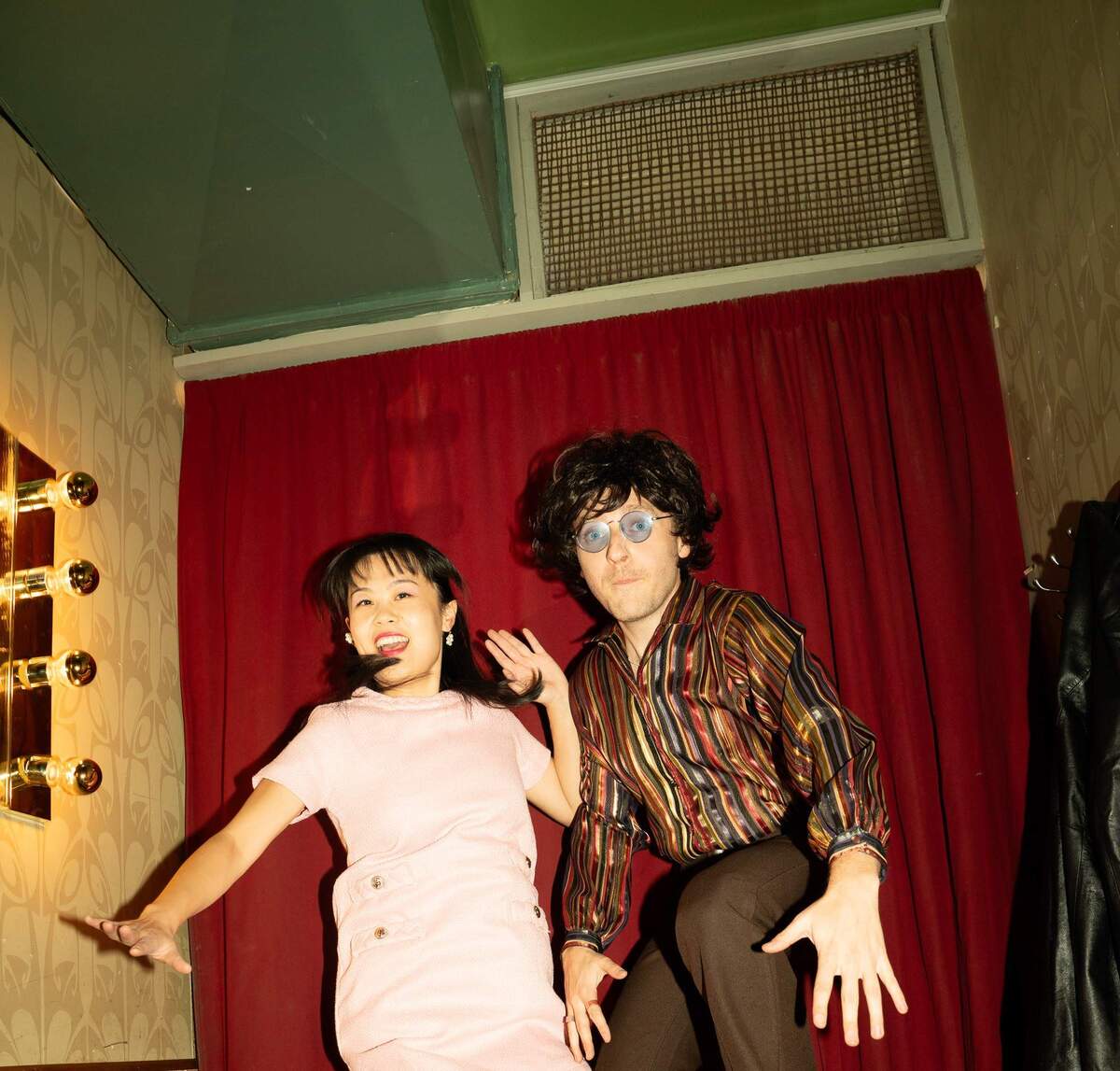Ezechiel Pailhes | Interview | New Album, ‘Ventas Rumba’
Ezéchiel Pailhès’ latest album, ‘Ventas Rumba,’ is out now! Following his classical and jazz roots, Pailhès presents a unique instrumental experience with this album, blending the piano with warm synthesizer tones to create a sound that is both light-hearted and melancholic.
‘Ventas Rumba’ features fourteen tracks recorded between France and Latvia, utilizing the unique Una Corda piano. The album’s title is inspired by the Ventas River rapids in Latvia, reflecting Pailhès’ playful imagination and the locale’s serene imagery. The compositions evoke a narrative of movement, lightness, and spirituality, with each piece resembling a short story.
Released via Circus Company, ‘Ventas Rumba’ marks a seamless reinvention for Ezéchiel Pailhès, showcasing his ability to merge classical influences with contemporary elements in a distinct and personal style.
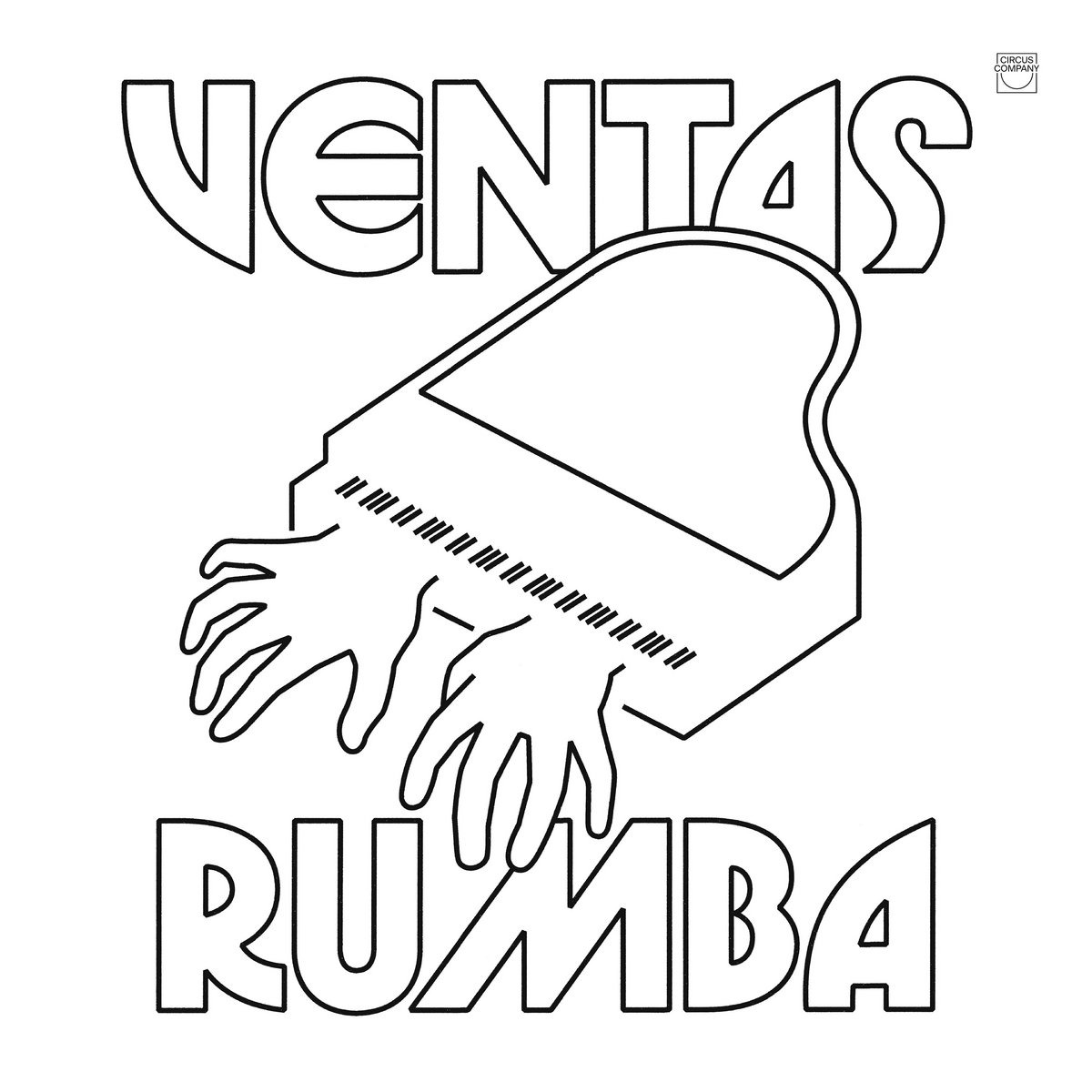
“I think more in terms of sound material than landscape”
Can you tell us about the inspiration behind your upcoming album, ‘Ventas Rumba’? What themes influenced the creation of this project?
Ezéchiel Pailhès: I had long wanted to write an album in which the piano would play the leading role, and I was looking for a piano that would help me tell this story. The starting point was an encounter with the pianos made by David Klavins in Kuldiga, Latvia, particularly the Una Corda model. So I went to Latvia for a week in August 2023 to record most of the solo piano tracks on the album. The other part was recorded in my studio in Montreuil.
How would you describe the sonic landscape of the album?
I think more in terms of sound material than landscape. What’s important to me and essential when I record a piece is that the material is intelligible and comprehensible to my ears. So, if I have an idea in mind but once it’s recorded it doesn’t sound the way I imagined it, I look for a way for the piece to find its freedom.
What does the album title signify in the context of your music?
The title of the album is the name of the waterfall that runs through the village of Kuldiga in Latvia, where I went to record part of this album. I would often walk along the river in the evenings or mornings to get some fresh air and think about the next day.
Can you talk about any collaborations or featured artists on ‘Ventas Rumba’ and how they contributed to the album’s sound and vision?
There were no collaborations with other artists on this album apart from that with piano builder David Klavins and his talent as a piano maker, and Mathias Duchemin of Circus Company, my producer.
Your previous works have showcased a diverse range of influences. How does ‘Ventas Rumba’ build upon or diverge from your earlier musical explorations?
I would say that ‘Ventas Rumba’ remains in the same vein as my previous albums, it’s just devoid of songs. The solo piano pieces were mostly recorded in a few takes, and it’s often the first one that was chosen. There are also, for me, more influences from classical music, as in ‘Opus 53,’ which is inspired by the first movement of Beethoven’s ‘Sonata No. 21,’ or ‘Pianovado,’ which refers to Frederic Chopin’s ‘Nocturne No. 8.’
Are there any particular stories or messages you aimed to convey?
There are no lyrics on this album. On my last two albums, the lyrics were mostly borrowed from French poetry, which I adapted to my music or vice versa. When I write lyrics, I don’t really try to get a message across, or at least I try to leave enough room for the listener to imagine his or her own message.
In terms of production and instrumentation, what were some of the key elements or techniques you employed to achieve the desired sound on ‘Ventas Rumba’?
No particular technique was required, apart from the use of Una Corda Klavins pianos, which are so singular that a couple of Schoeps microphones were enough to restore the delicate timbre of this piano.
The album seems to embrace a sense of exploration and experimentation. Were there any challenges while crafting this project?
I’d say that this album was easier to finish because there are no songs and therefore no vocals to record, which makes the work easier for me because I don’t consider myself a singer technically speaking.
What’s next for you creatively? Do you have any upcoming projects or aspirations that you’re excited to explore following the release of ‘Ventas Rumba’?
I’ve got lots of projects on the go, and I’m already working on my next album, but for reasons of superstition, I’d rather not reveal the content for the time being until I’ve made enough progress on these projects.
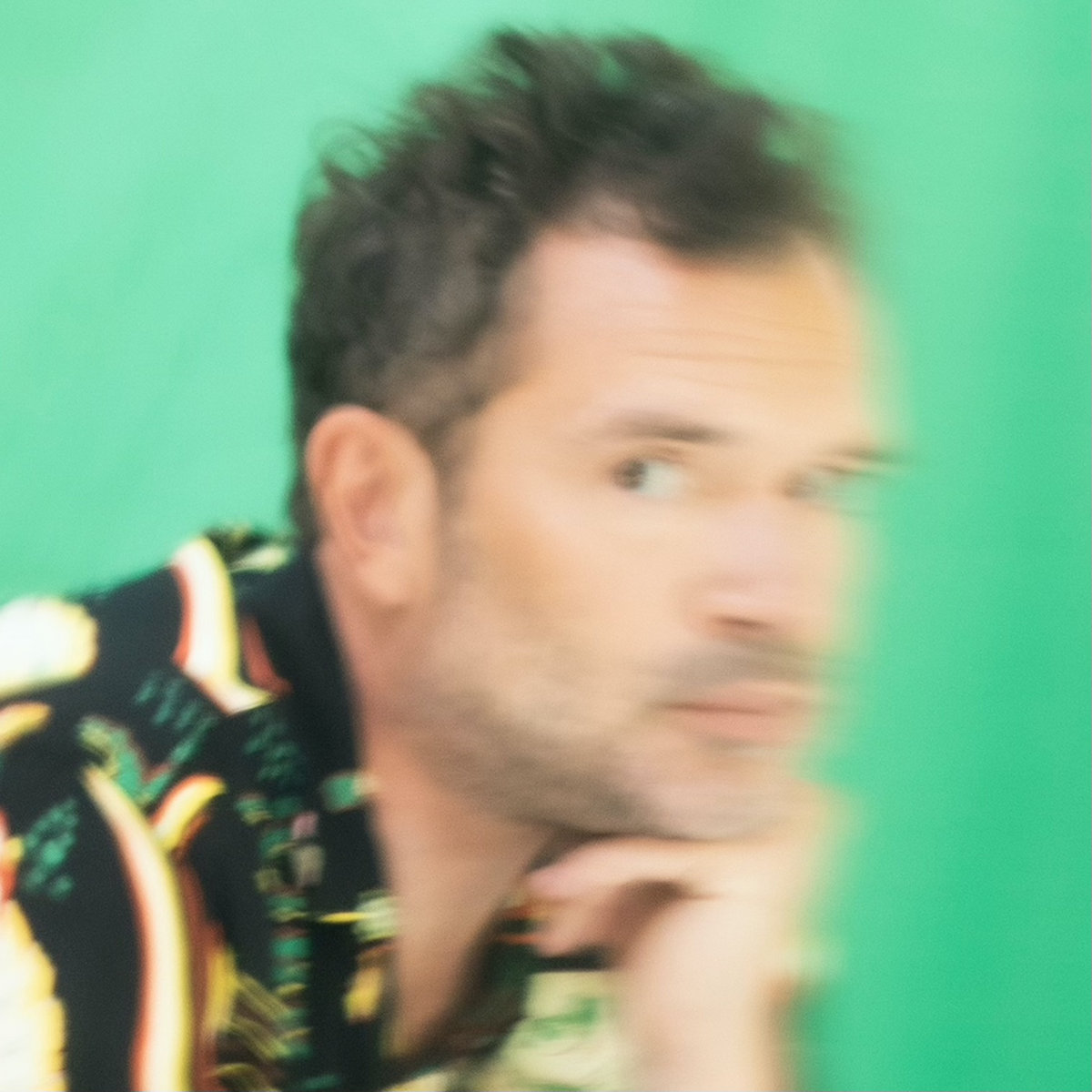
Have you found something new lately you would like to recommend to our readers?
I’m not very obsessive when it comes to listening to albums, and I often let myself drift in my discoveries. Even if you can’t hear it at all, I’ve been enjoying listening to Amapiano during this album recording, but also John Carroll Kirby, Jean Philippe Rameau, and always Schubert and Poulenc. Most of the time, I listen to a lot of classical music, which rests me and makes me serene.
Klemen Breznikar
Headline photo: Yann Rabanier
Ezéchiel Pailhès Website / Facebook / Instagram / Bandcamp / YouTube
Circus Company Website / Facebook / Instagram / Twitter / Bandcamp / YouTube


